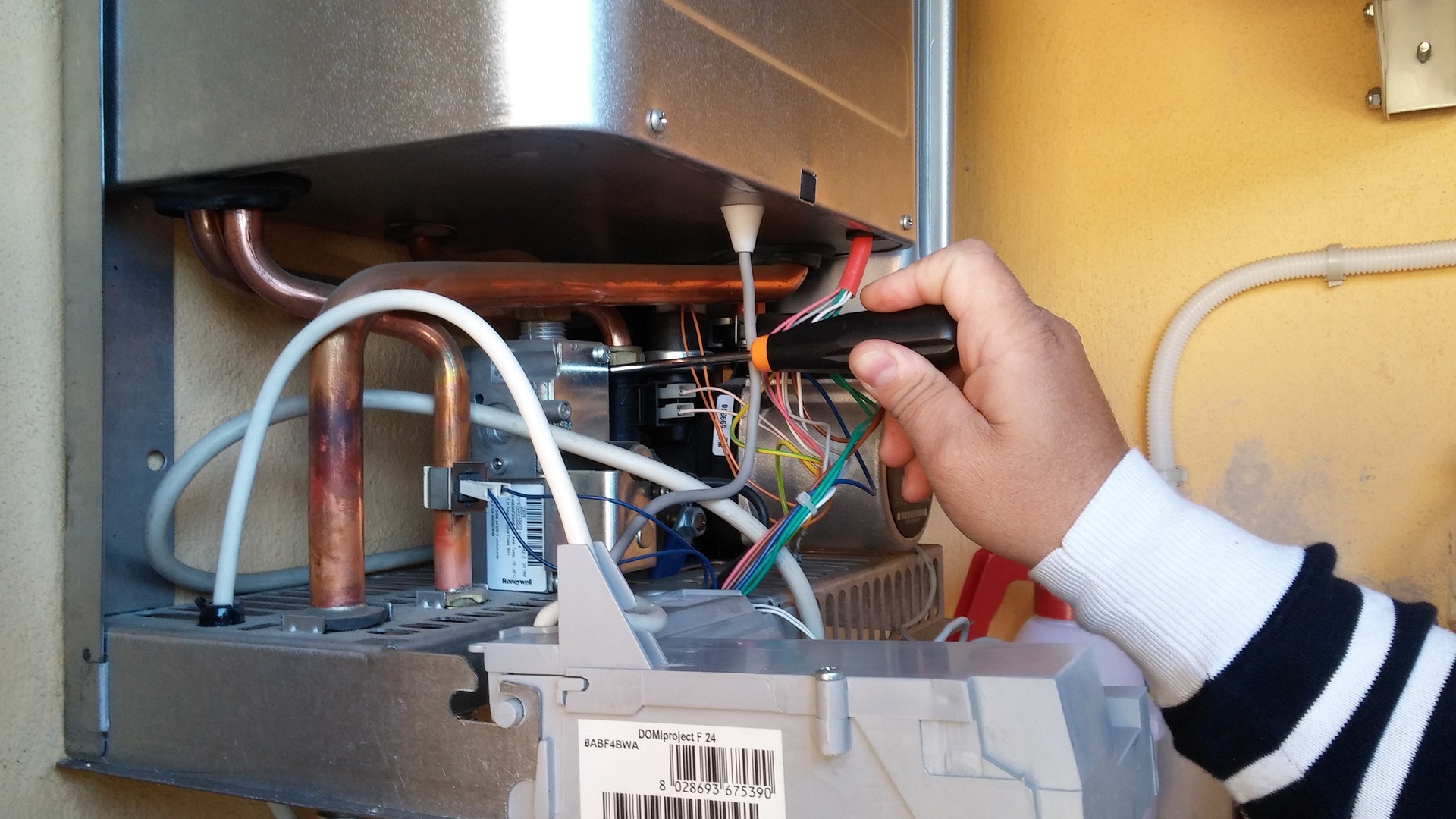A Practical Guide to Plumbing Careers in Your Area
The plumbing industry offers stable, well-paying career opportunities that continue to grow as infrastructure ages and new construction projects emerge. Whether you're considering a career change or entering the workforce for the first time, plumbing jobs provide excellent earning potential, job security, and the satisfaction of solving practical problems that directly impact people's daily lives.
What Types of Plumbing Jobs Are Available in Your Area?
Plumbing careers extend far beyond basic pipe repairs. Residential plumbers handle everything from emergency leak repairs to bathroom renovations and water heater installations. Commercial plumbers work on larger-scale projects including office buildings, hospitals, and schools, often dealing with complex systems and industrial-grade equipment. Specialized roles include pipefitters who work with high-pressure systems, steamfitters who handle heating and cooling systems, and service technicians who focus on maintenance and emergency calls.
Some plumbers choose to specialize in green technology, installing solar water heating systems, greywater recycling systems, and energy-efficient fixtures. Others focus on restoration work, particularly in older buildings where historical preservation requirements create unique challenges and opportunities.
How Do You Start Training for Plumbing Careers?
Most plumbing careers begin with a combination of classroom education and hands-on training. Community colleges and trade schools offer plumbing programs that typically last six months to two years, covering pipe installation, blueprint reading, safety protocols, and local building codes. These programs often include laboratory components where students practice on mock plumbing systems.
Apprenticeship programs provide another excellent pathway, combining paid on-the-job training with classroom instruction. These programs typically last four to five years and are often sponsored by labor unions, contractor associations, or individual plumbing companies. Apprentices start with basic tasks and gradually take on more complex responsibilities as their skills develop.
Many areas also offer pre-apprenticeship programs designed to prepare candidates for formal apprenticeships, particularly beneficial for those without construction experience or technical backgrounds.
What Certification Paths Lead to Professional Plumbing Jobs?
Professional plumbing requires proper licensing in most jurisdictions, though requirements vary significantly by location. Generally, plumbers must complete an approved training program or apprenticeship, accumulate a specified number of working hours under supervision, and pass written and practical examinations covering local codes, safety procedures, and technical knowledge.
Many areas offer different license levels, from apprentice and journeyman licenses to master plumber certifications. Master plumbers can typically work independently, obtain permits, and supervise other plumbers. Some regions require continuing education to maintain licenses, ensuring plumbers stay current with evolving technologies and code changes.
Specialized certifications are available for specific equipment or systems, such as backflow prevention, medical gas systems, or green plumbing technologies. These additional certifications can increase earning potential and open doors to specialized job opportunities.
What Is the Growth Potential for Plumbing Careers?
The plumbing industry shows strong growth prospects driven by several factors. Aging infrastructure in many areas requires extensive repair and replacement work. New construction continues in both residential and commercial sectors, creating demand for installation services. Additionally, the growing focus on water conservation and energy efficiency creates opportunities for plumbers skilled in modern, sustainable technologies.
Career advancement opportunities include progression from apprentice to journeyman to master plumber, with each level offering increased responsibility and earning potential. Experienced plumbers often start their own businesses, potentially earning significantly more than employees while building long-term wealth through business ownership.
The industry also offers geographic flexibility, as plumbing skills are needed everywhere. This portability allows plumbers to relocate for better opportunities or follow construction booms in different regions.
What Unique Opportunities Exist in Today’s Plumbing Industry?
Modern plumbing increasingly incorporates advanced technology, creating opportunities for tech-savvy professionals. Smart home systems include app-controlled water heaters, leak detection sensors, and automated shut-off valves. Plumbers who understand these systems position themselves for higher-paying jobs with tech-forward customers.
The construction industry’s labor shortage has created particularly strong demand for skilled tradespeople, including plumbers. Many contractors struggle to find qualified workers, leading to competitive wages and benefits packages. Some companies offer signing bonuses, enhanced benefits, or flexible scheduling to attract talent.
Green building trends also create specialized opportunities. LEED certification programs recognize plumbers who understand sustainable water systems, and many municipalities offer incentives for water-conserving installations, creating additional revenue streams for knowledgeable professionals.
What Can Plumbers Expect to Earn in Different Settings?
Plumber earnings vary significantly based on experience, location, and specialization. Entry-level apprentices typically earn 30-50% of journeyman wages, with pay increasing as skills develop. Geographic location greatly impacts earning potential, with urban areas and regions experiencing construction booms generally offering higher wages.
| Experience Level | Setting | Estimated Annual Salary Range |
|---|---|---|
| Apprentice | Residential/Commercial | $25,000 - $35,000 |
| Journeyman | Residential Service | $45,000 - $65,000 |
| Journeyman | Commercial/Industrial | $55,000 - $75,000 |
| Master Plumber | Business Owner | $70,000 - $120,000+ |
| Specialized Technician | Industrial/Medical Gas | $60,000 - $85,000 |
Emergency service calls, overtime work, and specialized skills can significantly increase earnings beyond base salaries. Many plumbers also supplement income through side jobs or eventually transition to full-time self-employment.
Prices, rates, or cost estimates mentioned in this article are based on the latest available information but may change over time. Independent research is advised before making financial decisions.
Conclusion
Plumbing careers offer excellent opportunities for individuals seeking stable, well-compensated work with strong growth potential. The combination of essential services, aging infrastructure, and evolving technology creates a robust job market for trained professionals. Success in plumbing requires dedication to learning both traditional skills and emerging technologies, but the investment in training typically pays dividends through steady employment and competitive compensation. Whether pursuing residential service work, commercial installation, or specialized industrial applications, plumbing careers provide pathways to financial stability and professional satisfaction.





